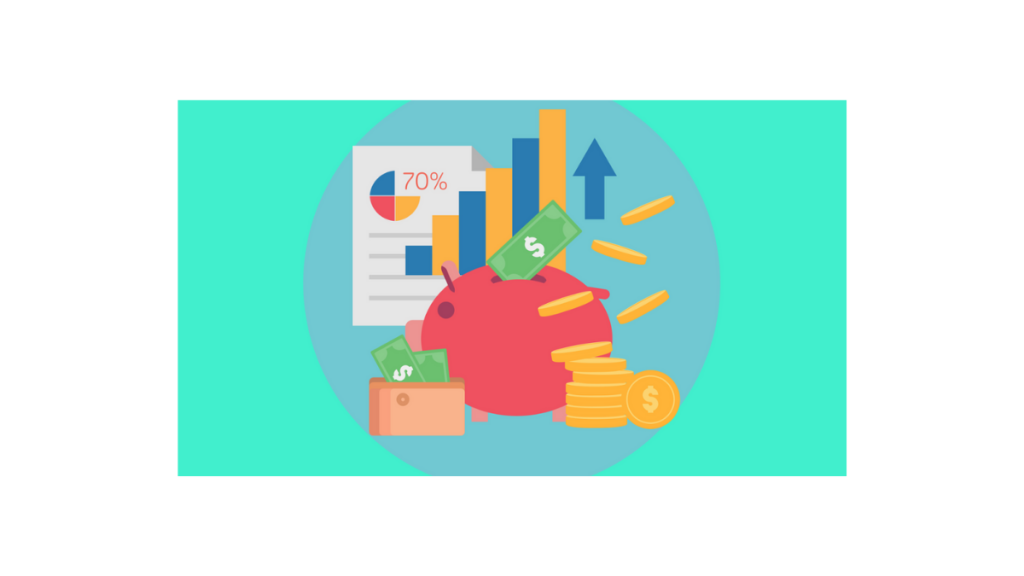DIRECT SALES REVENUE MODEL
Accelerate your business with these expert tips on the "Direct Selling Revenue Model". Analyse and discover this TIP!
Use internet as a direct channel for your products or services is one of the options available to entrepreneurs for monetise their business quickly. To make this effective, e-commerce is required for the purchase of products by users.
This is a very simple method of monetising your business, and its income is similar to that of direct sales.
There is a bit of everything here: from Amazon to the person who sells a single product. They are all good, the important thing is to know how you develop your chain: do I store merchandise? do I do drop-shipping?
To begin with, it is usually the drop-shipping (empty) a simple option because You avoid having to search for a storage point and it can be a good way to strengthen ties with your supplier. This option is viable at the beginning as long as our product does not compete with the manufacturer's or distributor's product, because they will always prioritise the sale of their own product.
Direct sales (retail/ecommerce)
- The most traditional way of earning money through the sale of physical products. If it is via the Internet, it is called ecommerce, e.g. Zappos.
- A kind of marketplace or bazaar that the platform itself makes possible for different customers to do business with each other and where it monetises by capturing a small percentage of each transaction - e.g. Etsy.
Marketplace with crowdsourcing
- Similar to the traditional marketplace, but in this case the criteria for selecting, creating or rating products are made by the mass of users of the site - e.g. Threadless.
Excess capacity markets
- It is based on renting out the percentage of unused space/usage of a resource that we do not always use at 100%, such as a car - Zipcar, AirBnB.
Co-creation
- These are a particular type of initiative where a community collaborates in the creation (co-creation) of a product or service, where the platform captures a percentage of the value but the community also stands to gain something - e.g. Quirky.
Vertically integrated businesses
- These are businesses that vertically integrate the entire supply chain and eliminate physical shops, e.g. Warby Parker.
Aggregators
- These are companies that aggregate results and offers from dozens of sites, bypassing individual site searches, and typically capture a percentage of the price of the item. e.g. Lastminute.com, MyCloud.
Flash Sales
- Last minute sales where the retailer can sell or release stock rather than let it sit idle. This has been used extensively in the hotel sector, e.g. Gilt Groupe, Vente Privee.
Group purchase
- These are models in which a price is offered at a large discount if a sufficiently large group of customers commit to buying it, e.g. Groupon.
Sale and download of digital items
- The parallel to traditional commerce, where a product is sold for a price... the only thing that changes is that the distribution channel is the Internet, e.g. iTunes.
Virtual articles
- These are virtual worlds (usually) where the customer pays to buy items that only exist in that environment (coins, items, weapons...). Very common in the online gaming world - e.g. Zynga.
- These are platforms that help projects seeking funding to succeed, through micro-donations, of which they capture a small percentage if the objectives are achieved. - e.g. Kickstarter, Lanzanos.
Training
- These are platforms and services that sell training services, either by marketing face-to-face courses or selling online courses, or by charging admission to events - e.g. Coursera, Tutellus.
Pay what you want
- A somewhat curious model of monetisation in which it is the user who pays according to the value they consider the product or service to have - e.g. Radiohead.
Commission
- These are companies that base their business on charging a fee (either a fixed price or a percentage) for the use of their services - e.g. SharesPost.
Commissions per order
- These are a special type of platform that charges the companies they work with a commission for each order placed by their users. Common in the catering environment - e.g. Seamless, GrubHub.
Auction
- Customers bid on an item that starts with a low starting price, but the price is increased by the customers as they bid on it. - e.g. eBay.
Raffle
- A special case, where an item is raffled among a number of users who have paid a certain price for one or more tickets that give them a chance to win. - raffle.it, quibids.
Reverse auction
- In this type of auction the customer indicates the price he is willing to pay and the sellers bid for the customer - e.g. Priceline.
Barter of services or products
- These are platforms that allow their users to exchange products or services with each other, e.g. SwapRight.
Cashback
- They are business models with a strong affiliation component where the commissions generated by the user's purchase through the cashback platform are shared with the user - e.g. BeRuby.
APPLY THIS TIP TO YOUR PROJECT
- 💻 PRACTICE with an expert in the next practical webinar.
- 🔎 CONSULT more related TIPs with this same theme.
- 📖 AMPLIA your knowledge by downloading this EBOOK.
THINK ABOUT YOU
- 🚀 IMPULSA your company in the next acceleration programme, ¡book your place now!.
- 🥁 PRACTICE with your project in this practical webinar, ¡apply for your place!.
- 🌐 CONTACT with other entrepreneurs and companies, ¡register and take part in the next Networking!
THINK ABOUT HELPING OTHERS
- 🤝COLLABORATE as a volunteer: expert, mentor, inverter, awarding, Spreading the word, challenging, innovating, creating a TIP...
- 💬 RECOMMENDS this programme to reach out to more entrepreneurs by Google.
- 👉 SHARE your learning!
- 📲 SEND this TIP 👇









